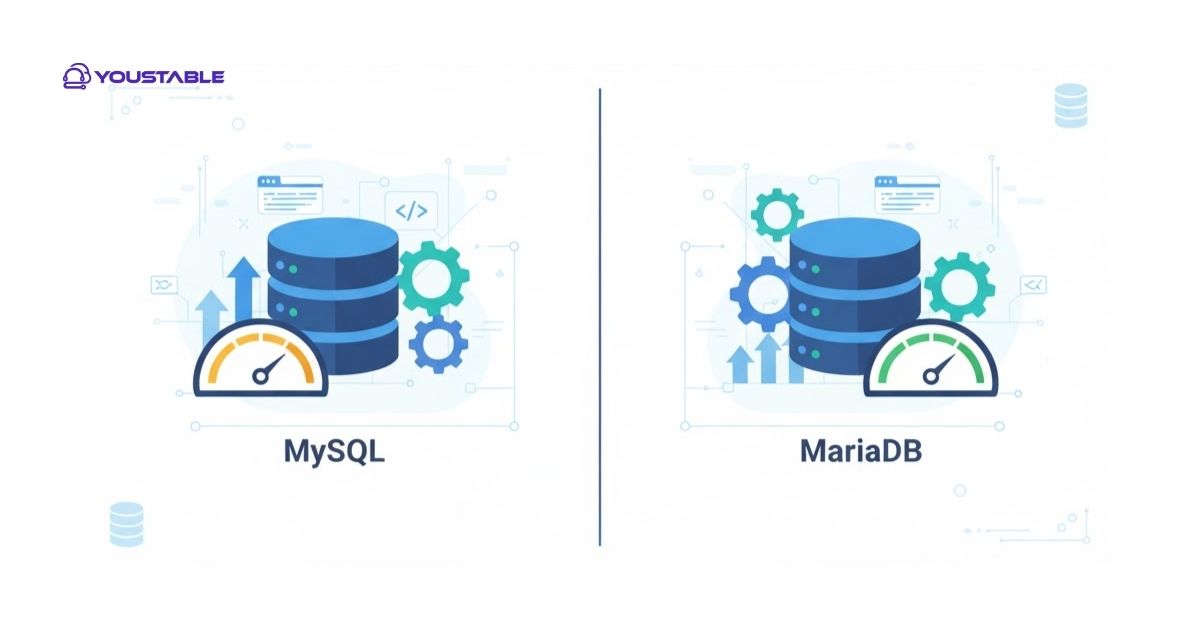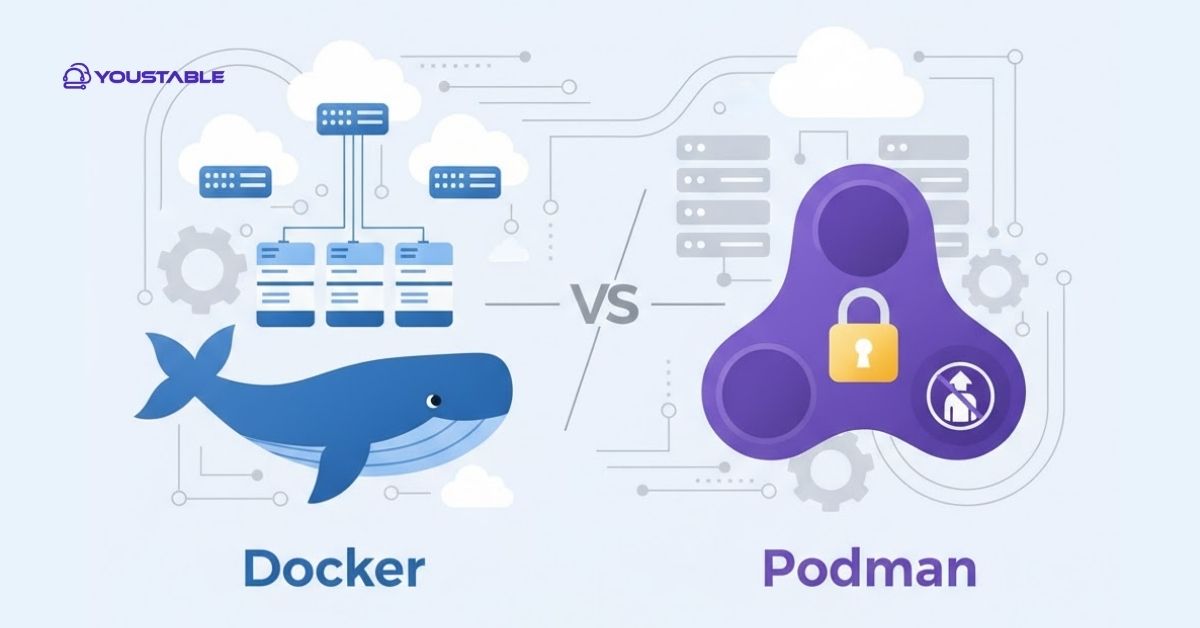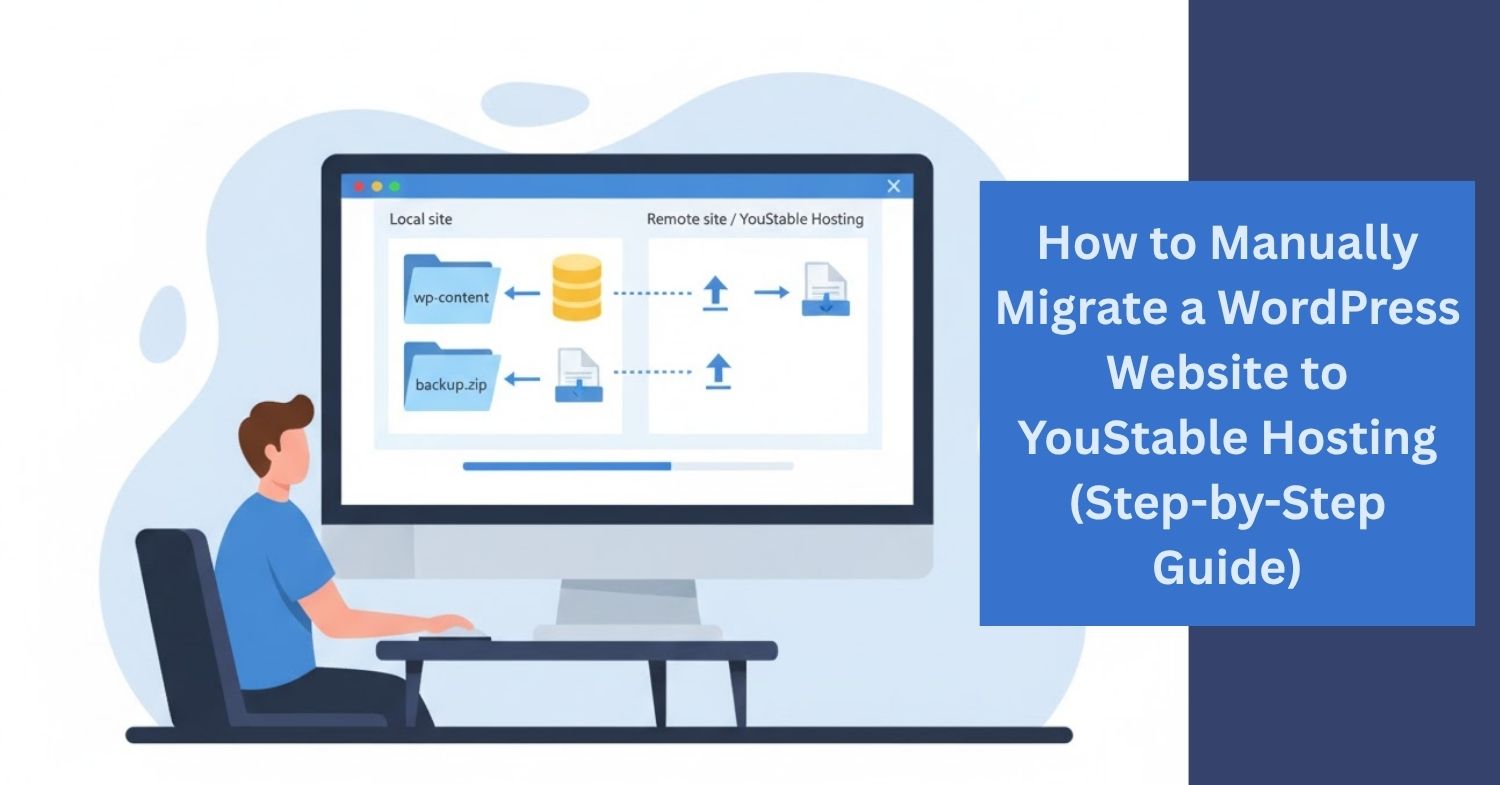MySQL vs. MariaDB is a common question for developers and web hosting providers. Both are popular open-source relational database management systems (RDBMS) used to store, manage, and retrieve data for websites and applications. The confusion arises because MariaDB was created as a fork of MySQL, offering compatibility but introducing performance improvements and additional features. Choosing the right database is crucial, as it affects website speed, scalability, and overall reliability. Understanding the differences ensures smooth hosting experiences and avoids potential compatibility issues with applications.

In this article, we will explore the main differences between MySQL and MariaDB, compare their features, and provide insights into which database is more suitable for web hosting environments. By the end, you will understand which choice best fits your needs.
MySQL vs. MariaDB: Best Database for Web Hosting
When selecting a database for web hosting, it’s important to compare MySQL vs MariaDB in terms of performance, compatibility, and features. While they share many similarities, subtle differences can impact your website’s speed, scalability, and reliability. Below, we examine the most significant factors to help webmasters make an informed decision.
1. Performance and Speed
MySQL vs MariaDB shows notable differences in performance. MariaDB often delivers faster query processing due to its enhanced storage engines and optimized indexing. For websites with high traffic or complex queries, this speed advantage can improve response times and reduce server load.
MySQL, however, remains reliable and stable for most standard applications. It has a mature ecosystem with extensive community support. While MariaDB may outperform in specific scenarios, MySQL provides consistent performance across a variety of workloads, making it a safe choice for many web hosting setups.
2. Compatibility and Migration
One of the key aspects of MySQL vs MariaDB is compatibility. MariaDB was designed to be fully compatible with MySQL, allowing easy migration of databases without rewriting applications. This makes it an attractive option for users who want a performance boost without changing their code.
MySQL, being the original system, offers broader official support from software vendors and hosting providers. While migrating from MySQL to MariaDB is straightforward, some edge-case applications might require adjustments. Evaluating compatibility ensures a smooth transition and minimal downtime for hosted websites.
3. Security Features
Security is critical in web hosting environments. MySQL vs MariaDB provides robust security, but MariaDB introduces additional encryption and authentication options, enhancing protection for sensitive data. Its improved security layers make it an appealing choice for websites handling user information or e-commerce transactions.
MySQL continues to offer trusted, enterprise-grade security measures with regular updates and patches. Both databases ensure encrypted connections and user authentication mechanisms, but MariaDB often provides more flexibility in customizing security settings for advanced users.
4. Community and Support
When comparing MySQL vs MariaDB, community support plays a key role. MariaDB is maintained by an active open-source community, which frequently releases updates, bug fixes, and feature enhancements. This ensures a constantly improving platform.
MySQL benefits from a large corporate backing by Oracle, offering professional support and extensive documentation. Depending on whether you prefer community-driven development or enterprise-grade support, each database provides distinct advantages that affect long-term maintenance and troubleshooting.
5. Features and Extensions
MariaDB often includes advanced features and storage engines not present in MySQL, such as Aria, ColumnStore, and dynamic thread pooling. These extensions allow developers to optimize performance for specific use cases like analytics or large-scale data processing.
MySQL focuses on stability and broad compatibility. While it may lack some of MariaDB’s newer engines, its features are well-tested and sufficient for most traditional web hosting needs. Choosing between them depends on whether you need cutting-edge functionality or tried-and-tested reliability.
6. Licensing
MySQL vs MariaDB differ in licensing. MySQL is governed by Oracle’s dual licensing model, which can include commercial restrictions for certain enterprise use cases. This may affect businesses that need complete freedom to modify and distribute the database.
MariaDB, on the other hand, is fully open-source under the GPL license, ensuring free usage, modification, and distribution. For developers and hosting providers prioritizing open-source freedom, MariaDB is a compelling alternative.
7. Updates and Development Pace
MariaDB tends to release features and updates more rapidly than MySQL, introducing performance improvements and new capabilities more frequently. This can be advantageous for web hosting environments that require cutting-edge technology.
MySQL’s development is more conservative, focusing on stability and backward compatibility. For users who prefer predictable updates and a stable long-term platform, MySQL remains a reliable choice.
MySQL vs. MariaDB Comparison Table
| Factor | MySQL | MariaDB |
|---|---|---|
| Performance & Speed | Stable, reliable | Faster, optimized engines |
| Compatibility & Migration | Broad official support | Fully compatible with MySQL |
| Security Features | Standard encryption & auth | Enhanced security options |
| Community & Support | Enterprise support by Oracle | Active open-source community |
| Features & Extensions | Basic storage engines | Advanced engines & features |
| Licensing | Dual license (GPL + Commercial) | Fully GPL open-source |
| Updates & Development Pace | Conservative, stable updates | Rapid updates, feature-rich |
Conclusion
Understanding MySQL vs. MariaDB is essential for selecting the best database for web hosting. MariaDB excels in performance, advanced features, and open-source freedom, while MySQL offers proven stability, broad support, and enterprise reliability. By comparing performance, compatibility, security, community, features, licensing, and update pace, webmasters can choose the database that aligns with their hosting needs. Evaluating these factors ensures faster websites, safer data, and easier maintenance. For optimal results, assess your application requirements carefully and consider consulting hosting experts to implement the best database solution for your environment.


